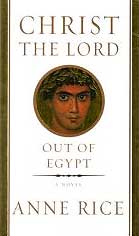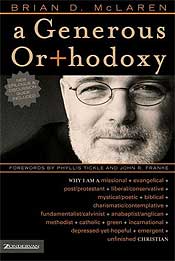One of the dangers of learning a bit of biblical Hebrew (or Greek) is thinking that after a basic introduction (i.e., less than four semesters), you understand the nuances of the language. Many preachers take a little bit of Hebrew or Greek and then go on to expound profoundly about the meaning of this or that Hebrew/Greek word Sunday mornings when they preach. These errors are tame in comparison to what some people do to/with the Bible.
This video contains a hilarious (and horrendous) example of two “interpreters” appealing to the Hebrew meaning of a word to serve their heretical theology. The discussion of the Hebrew word for “word/thing” (דבר) by Kenneth Copland and his guest is a classic example of what D.A. Carson calls the”illegitimate totality transfer” fallacy (i.e., the explicit or implicit transfer of all the meanings of a given word into any given passage — in this case into every passage where the word “word” occurs!). This is such a hilarious (and sad) example that I will have to use it in my biblical interpretation class this fall.
Take a gander at the video for yourself — but be warned: while it is funny, it also reveals a side of Christianity which I find offensive (and if you don’t find that type of Christianity offensive then the video will likely offend you!).
(HT Scotteriology)


 I received a kind email the other day from the novelist Anne Rice. It appears that she came to my site looking for information on recent manuscript finds in Israel and wanted to convey thanks for my “interesting articles on many subjects.”
I received a kind email the other day from the novelist Anne Rice. It appears that she came to my site looking for information on recent manuscript finds in Israel and wanted to convey thanks for my “interesting articles on many subjects.” I recognize that this “theological” post is a bit off-topic for my blog (it has nothing to do with potties or Hebrew tattoos! :-)), but I figured I could branch out every once and a while!
I recognize that this “theological” post is a bit off-topic for my blog (it has nothing to do with potties or Hebrew tattoos! :-)), but I figured I could branch out every once and a while!